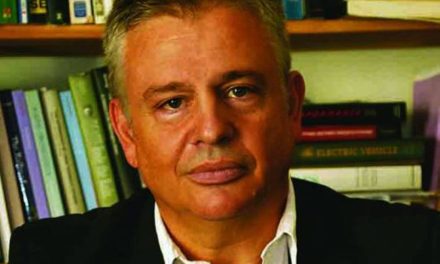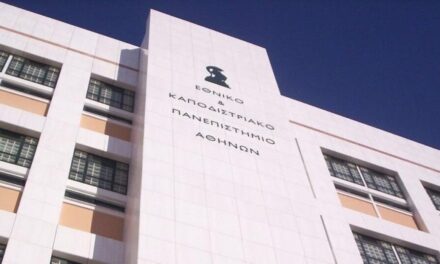From the 11th to the 14th of September 2023 the heart of Modern Greek Studies beat at the University of Vienna. The Department of Byzantine and Modern Greek Studies of the Faculty of Historical and Cultural Studies, the European Society of Modern Greek Studies and the Austrian Society of Modern Greek Studies organized the 7th European Congress of Modern Greek Studies entitled “Zoom in and Focus on Modern Hellenism: texts, images, objects, histories”.
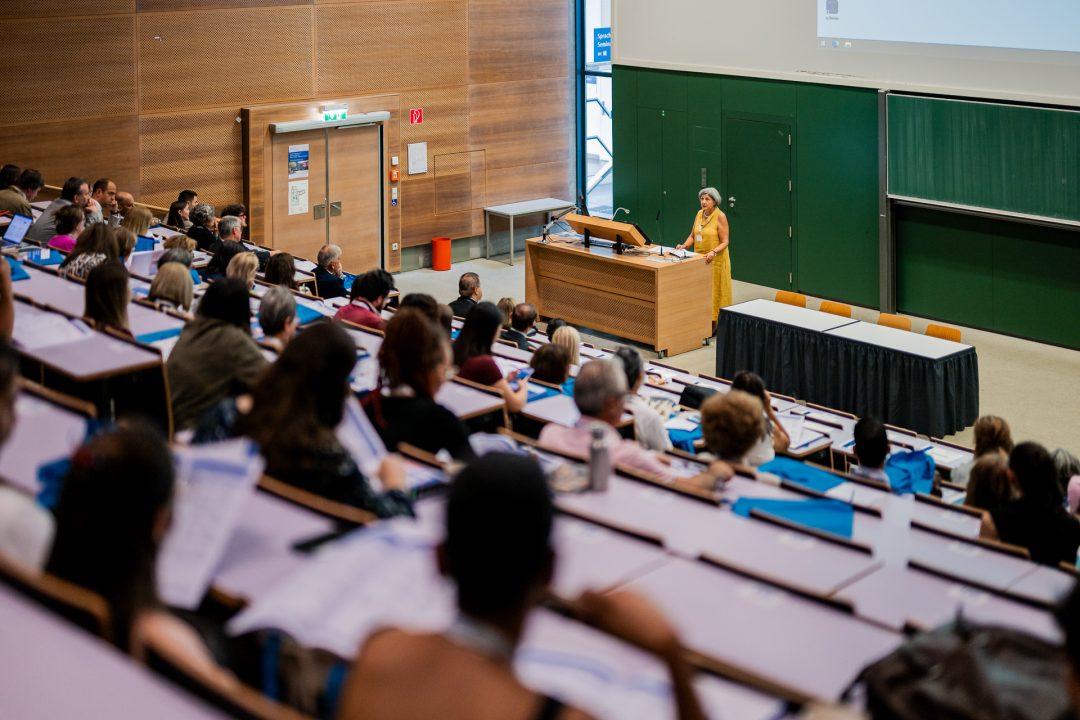
The European Congresses of Modern Greek Studies are held every four years and are open to all fields of Modern Greek Studies. Following the call for papers for this year, presentations focused on migrations and forced population movements, with a distinctive emphasis on the imprint of the Lausanne Treaty for the exchange of populations (1923) in current historical research, but also as a subject of literature, individual and collective memory and trauma, and media representations. Other key topics were the Greek Diaspora, language and linguistics, material remains and representations, press and historical narratives. The sessions were focused on a wide variety of themes, such as: Philhellenic and memoir texts on 1821, Poetic experimentation, Divergent perspectives on iconic events, Greek-Orthodox communities in the Ottoman period, Early modern Greek religious thought, Jews in Greece, Contemporary film and television, Political refugees after the Greek Civil War, Late Ottoman and Fanariotic literature, C. P. Kavafy, Theatrical performance of Greekness, Students and travelers from and to Greece, Cretan literature, Balkan authors and images, History of schoolbooks, and more.
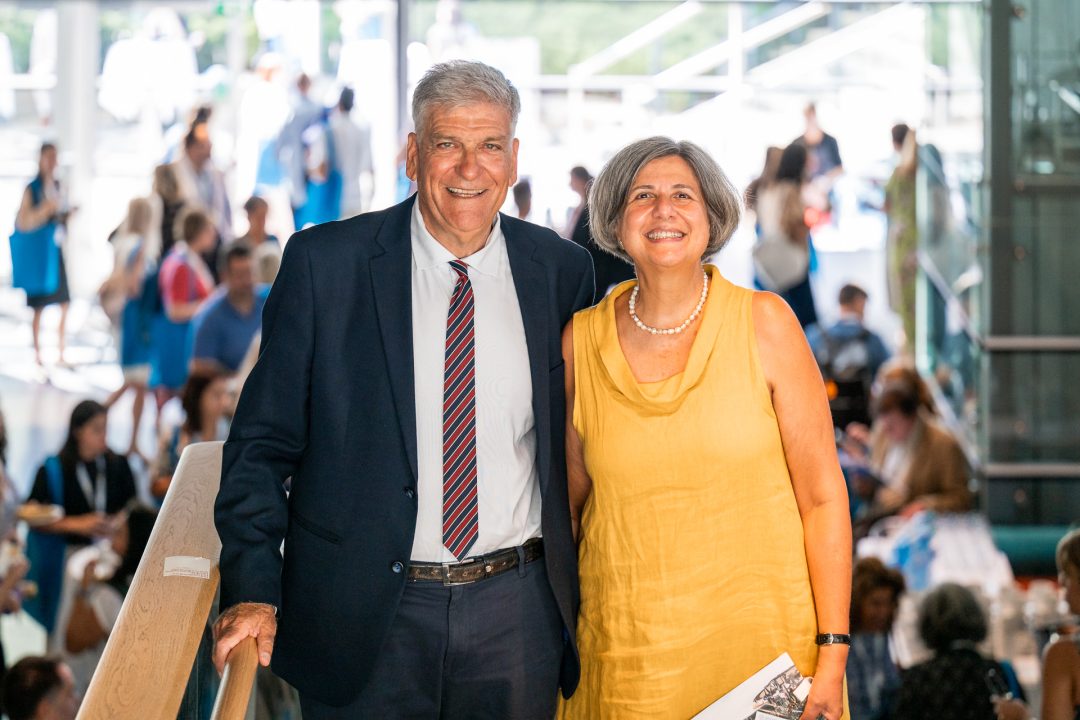
There was a strong focus on Early Modernity, also due to the long tradition of Greek commercial, literary and printing presence in Vienna and of the relevant scholarship starting already in the 19th century with Emile Legrand and Spyridon Lambros and continuing to this day, as Professor Maria A. Stassinopoulou of the University of Vienna and the Austrian Society of Modern Greek Studies explained in her inaugural speech on behalf of the organizing committee. Papers on prose and poetry discussed great figures of modernity such as Kavafy and Kazantzakis, but also reached into the narratives of utopia and dystopia in contemporary literary publications and media. The intersection between migration and language, the history of the language question, and language in the media were discussed in numerous papers.
The European Congresses of Modern Greek Studies are held every four years at a European university with active Modern Greek Studies and are the flagship endeavor of the European Society of Modern Greek Studies, as its president, Professor Vassilis Sabatakakis from Lund University, pointed out in his inaugural speech. Since its founding in 1995, the society has become a major mediator of Modern Greek Studies in Europe with a clear focus on the support of international scholars. In collaboration with the Directorate of Letters of the Ministry of Culture of the Hellenic Republic, the Society also promotes translation projects in European languages, the most recent of which were presented by director Dr. Athanasia Papathanasiou at the congress. The European Society of Modern Greek Studies acts as patron of international conferences and workshops, offers prizes for the best published doctoral dissertation and the best monograph as well as fellowships for participation in both its major congresses and its conferences for young researchers and strives for the active interdisciplinary presence of the field internationally. The invigorating presence of young scholars with new ideas was felt by all in the closing ceremony; we shall meet again in 2027.
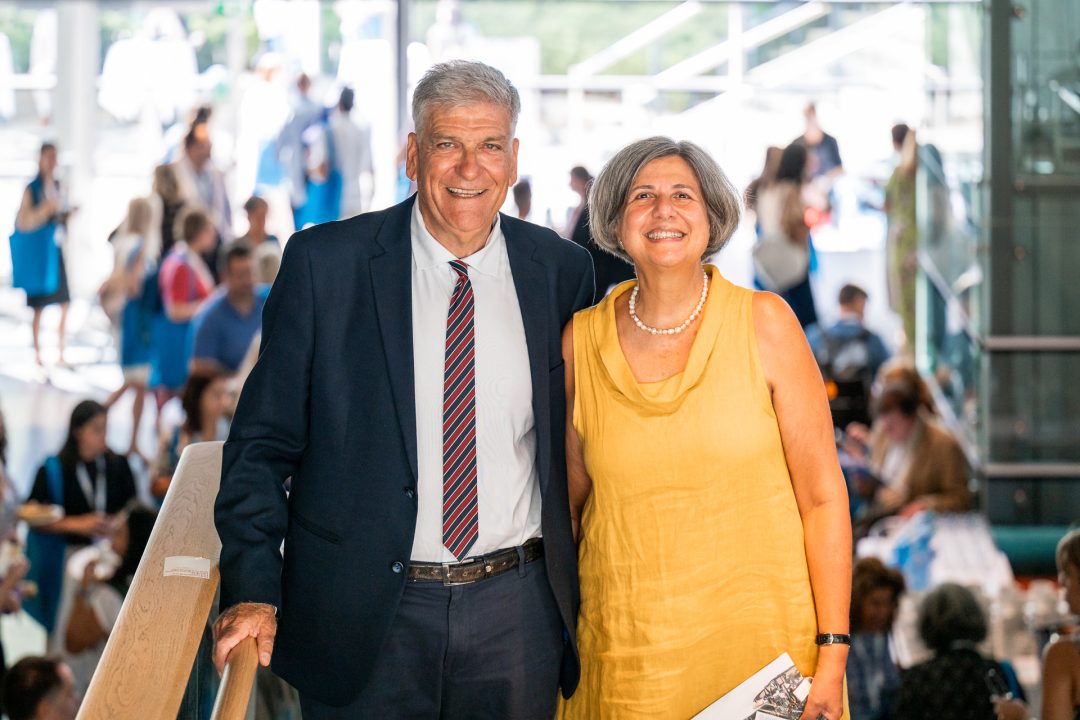
The congress was warmly embraced and supported by the University of Vienna; to celebrate the event, Ambassador of Greece to Austria, Catherine Koika honored a congress delegation with an invitation to the Embassy of Greece in Vienna. Additionally, the congress was sponsored by the Tsiter Kontopoulou Fund of the Department of Byzantine and Modern Greek Studies, the City of Vienna and Meeting Destination Vienna, the Ministry of Education, Sport and Youth of the Republic of Cyprus, as well as the European Society of Modern Greek Studies in cooperation with the Ministry of Culture of the Hellenic Republic.
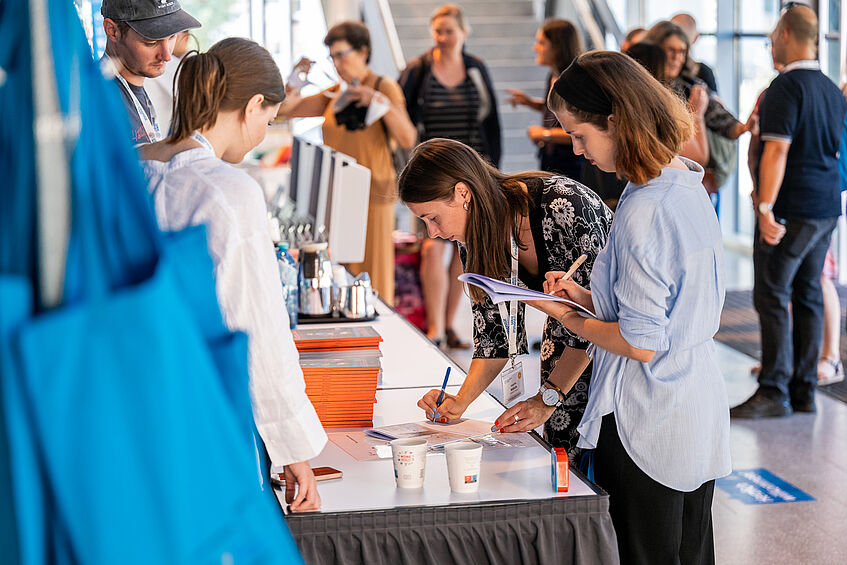
For further information on the 7th European Congress of Modern Greek Studies and on Modern Greek Studies in Europe:
Ι.L, with text from Professors Vassilios Sabatakakis and Maria A. Stassinopoulou
TAGS: MODERN GREEK STUDIES

